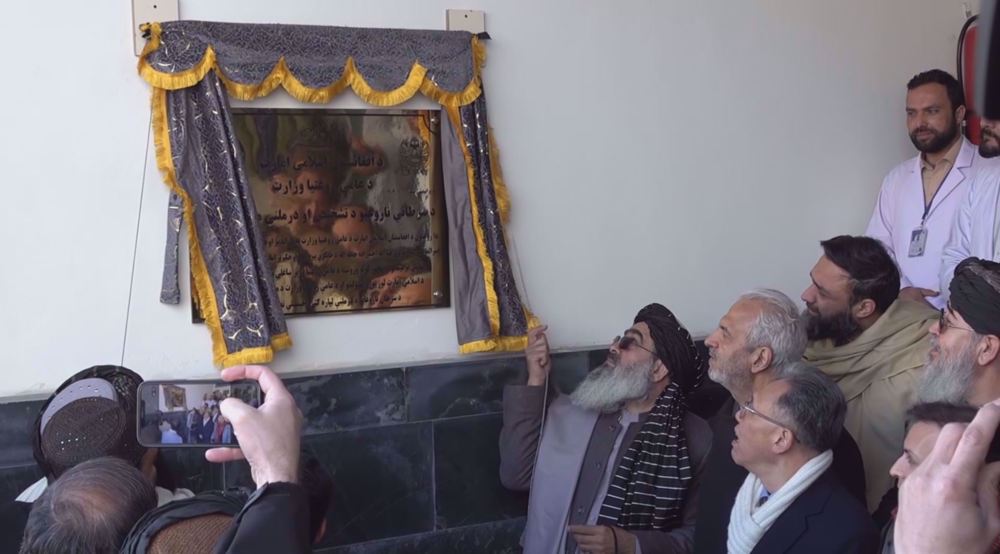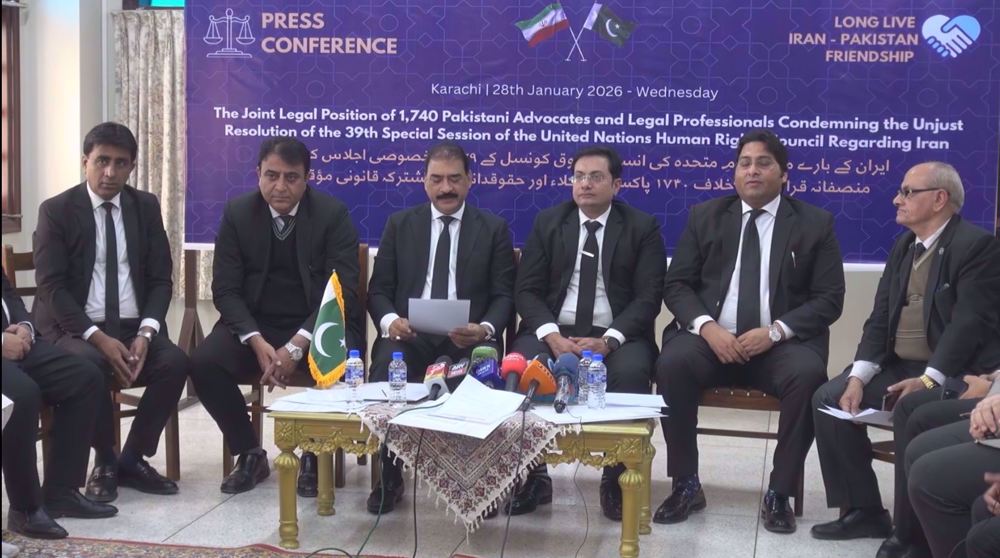‘SwissLeaks’ show billions in tax evasion
Ramin Mazaheri
Press TV, Paris
Leaked files show that the Swiss branch of HSBC, the 2nd-largest bank in the world, helped clients in more than 200 countries evade taxes on accounts containing $119 billion. Among the clients: relatives of dictators, marijuana dealers in the Parisian suburbs and arms dealers who provided mortar bombs to child soldiers in Africa.
The whistleblower for what’s been dubbed “SwissLeaks”, warned the latest release is just the “tip of the iceberg”. In November the leaks permitted HSBC to be charged with helping their French clients of avoiding 181 billion euros in taxes over just the years 2006 and 2007.
Few believe that HSBC is any different from other major banks, other than it’s the one that had a courageous whistle-blower come forward. Switzerland, which obviously values banking secrecy higher than other laws, has demanded France and Spain extradite the whistle-blower for prosecution on data-theft charges.
A major problem is that tax evasion penalties around the world are usually trivial, and obviously fail to deter bankers from doing defrauding the public. The collusion between high finance and the rich is especially shocking to Europeans, where austerity policies have ravaged families and hollowed-out societies.
What would the EU’s financial condition be if there was not this secret banking industry serving the super-rich? Why is Switzerland, which is not part of the EU, permitted to reap the rewards of white-collar crime without incurring sanctions? More leaks are coming, and more questions which demand answers.
Hamas blasts Western media for blindly defending false Israeli narrative
ElBaradei condemns US threats of military action against Iran
‘No two-hour war’: Iran vows immediate retaliation to any attack
VIDEO | US warmongering threatens stability
Pezeshkian: US must end provocations if it seeks genuine diplomacy
Iran summons German ambassador over Merz’s ‘low-minded’ remarks
Iran's Armed Forces warn EU of ‘consequences’ of IRGC designation
Iran FM: EU’s blacklisting of IRGC a ‘major strategic mistake’









 This makes it easy to access the Press TV website
This makes it easy to access the Press TV website